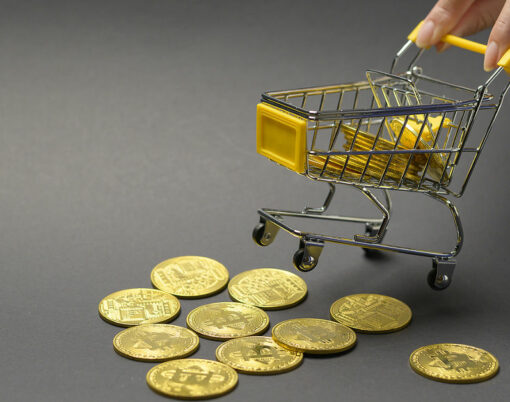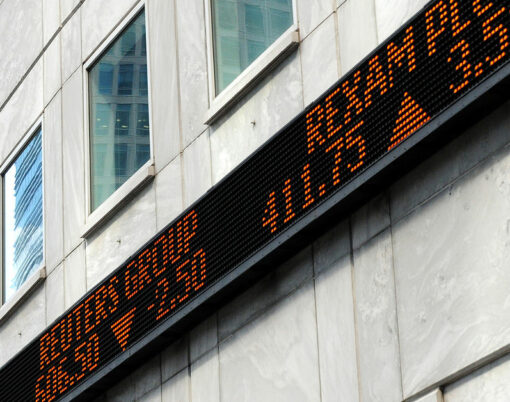From luxury shopping to entertainment, the past year has seen a dramatic surge in the amount of high-end purchases being made online, with ongoing lockdowns forcing us to find other ways to get our fix. With our favourite designer boutiques shutting up shop for much of the past twelve months and visits to casinos and bookmakers seemingly a thing of the past until very recently, it’s safe to say that, as a society, we have moved well and truly into the digital age, and while bricks-and-mortar offerings are now back open for business, it seems that many of us have been won over by the convenience and accessibility of buying luxury items, entertainment subscriptions and more online.
The online world certainly isn’t new, but in areas where brands were previously dragging their feet, they have had to adapt quickly to keep up with increased digital customer demand. Innovations in technology have helped to transform the online shopping and gaming experiences, making them smoother, easier and more immersive than ever before – but while there is no denying that it has made the entire process simpler, it does come with its challenges.
As the numbers of consumers moving online continues to grow, so too does the risk of being caught out by scammers. Today’s cyber criminals are becoming increasingly elaborate and advanced in their efforts to extract sensitive customer data, making it more important than ever to be aware of the risks next time you’re enjoying a shopping spree or gambling in a bid to scoop that huge casino jackpot. Using PayPal to protect your card details is no longer enough to keep you safe from fraud, but the good news is that there are plenty of things you can do that will.
Here, we take a look at the steps you can take today to minimise your risk of being scammed, as detailed by Nicholas Crouch from Scams.info, when online shopping and gambling – leaving you free to enjoy splashing your cash in all your favourite ways without the worry.
Avoid using public networks to make purchases
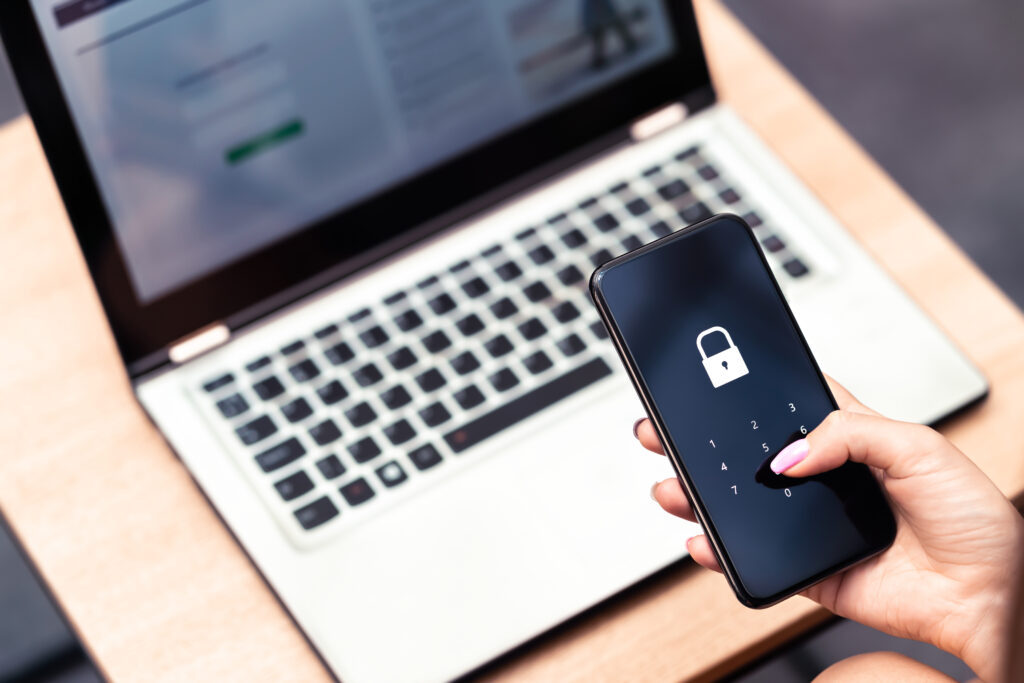
When out and about, it couldn’t be easier to log onto the nearest free wireless connection – but next time you’re in a coffee shop or waiting to board your plane at the airport, think twice before logging onto your online banking or inputting your payment card details via Wi-Fi.
It’s via these public networks that the majority of cybercrimes take place – you never know who else is using it, and expert hackers can quickly and easily access your private information this way. Instead, make sure that you are using your personal mobile phone data – or better yet, invest in a virtual private network (VPN) to mask your IP address and keep your data safe.
Choose a secure payment method
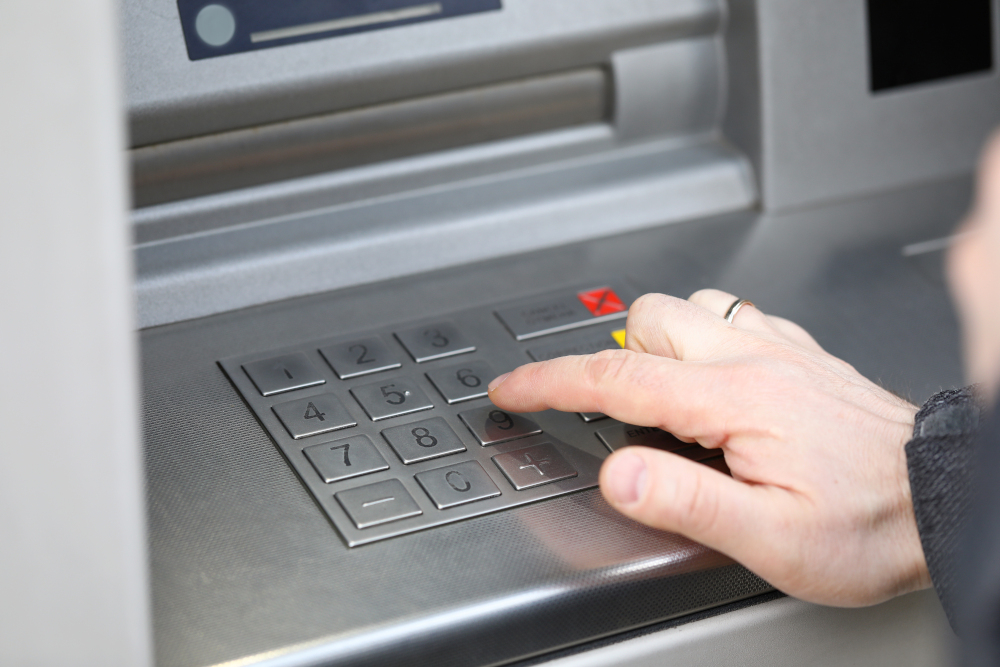
Entering your card details online has always come with risks attached, with PayPal and similar payment methods that keep your card details safe long viewed as the preferred method. Most recently, Apple Pay has become a popular means of finalising transactions, and can be done in just the click of a button from your mobile phone.
If you don’t have an account, or are shopping with a website that doesn’t accept PayPal or Apple Pay, then be sure to use a credit card rather than a debit card, as you are more likely to be able to get your money back if targeted by fraudsters and providers will often detect and alert you to any suspicious activity. Be sure to review your credit card statements regularly to keep an eye out for any fraudulent transactions, and alert your provider if you spot anything you don’t recognise.
Only make purchases from secure websites
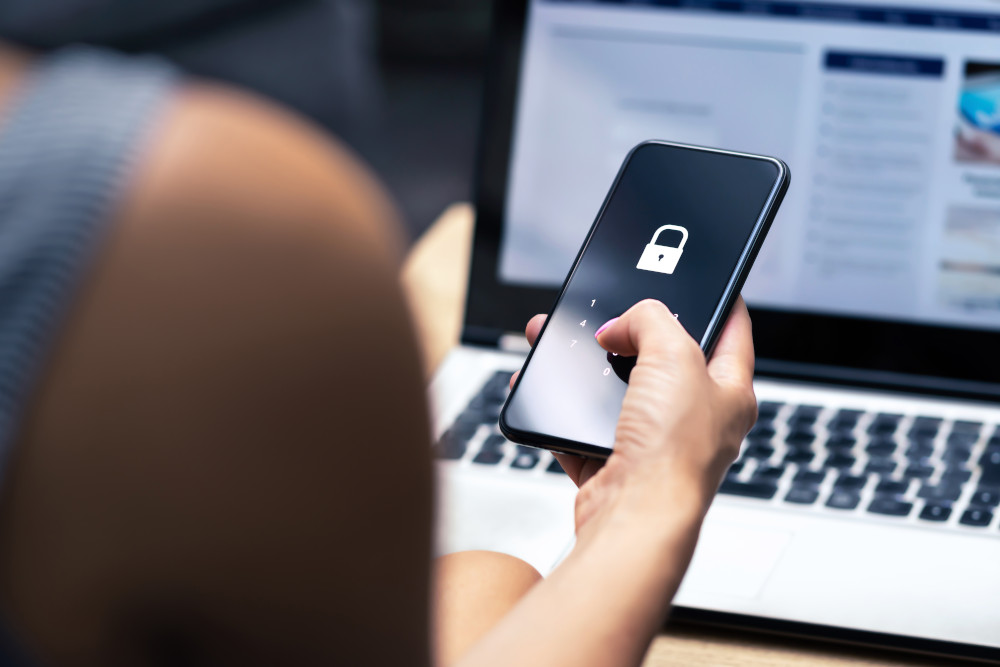
A simple way to protect your data when gambling or shopping for luxury items online is to ensure that you only ever enter your payment details into secure websites. A quick and easy way to determine whether a website you are viewing is secure is to look at the address bar. If the website begins with ‘HTTPS’ , rather than ‘HTTP’, then this means it is secure – look for the padlock symbol to confirm this.
If you’re still a little unsure, then Google the registration date of the domain. If it appears to have been created very recently, and you’re unfamiliar with the website, then it is likely best avoided. And if you are unlucky to get caught out online and pick up a virus, then all may not be lost with the likes of computer and laptop repair company, Geeks Callout who can fix your issues on the same day in person in and around London, or online.
Keep your software up to date

The constant software update requests we receive on our laptops and phones can feel like an inconvenience – after all, who has time to wait for them to run and for their devices to restart when eager to get on with their day? Nonetheless, keeping your software up to date is crucial when it comes to keeping your personal information and devices safe from scammers.
Software updates are designed to rectify any weaknesses that have been exposed and that could be exploited by cyber-criminals and keep you safe, so bear this in mind next time you receive an update notification and don’t hesitate to allow it to run.


















